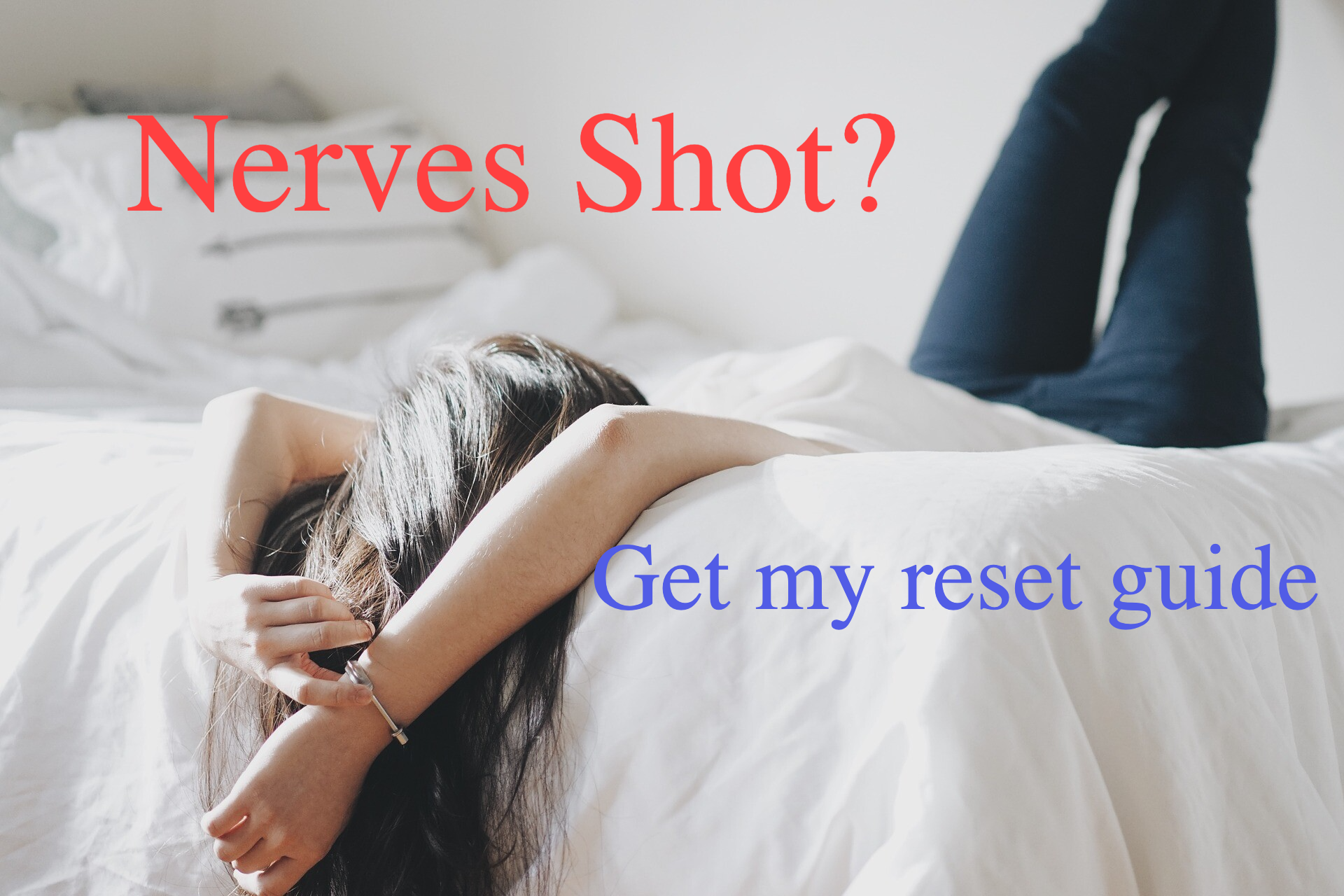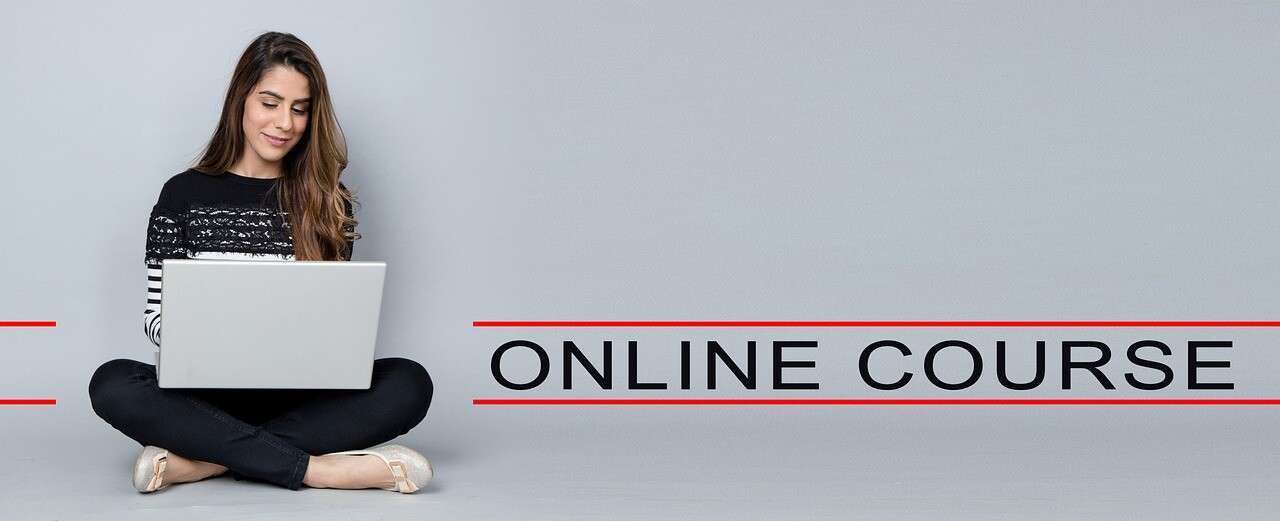
You can’t learn to swim in a hurricane.
This is not the topic I planned to write about this week. But…world events.
Anyone else have some jangling nerves the past few days? I hope they have eased as things seem to have subsided in our corner of the world. But it is normal for you to still be on edge. (I might actually be more worried for anyone who isn’t still worried.)
Those feelings you may be having – physical tension, problems concentrating, weird sleep and appetite are some common ones – are your danger alert system. Our brain is hard wired to be on the lookout for threats, above all else. The problem is our brain isn’t always great about recognizing what is imminent physical danger and what is something to be concerned about but further away.
It’s like your typical smoke detector, which has one job: to let you know if it senses smoke or heat. It has no idea if the heat is from steam from a big stir fry on the stove, something left too long on the oven that is sending out smoke, or a candle that tipped over and caught the drapes on fire. It shrieks the same for all scenarios.
We can’t, and should not, try to get rid of our inner smoke detector, but we need to learn to react according to the actual threat, not the piercing sound. (Anyone else take your detector down if you are going to do lots of baking or cooking, and put it back up when you are done?) You probably already have some automatic reaction to your real smoke detector. If mine went off right now while I’m typing this, I’d be much more startled than if I’ve just opened the oven to check something and sent a waft of heat down the hall.
The reason our smoke detector is so loud is it needs our attention over everything else. STOP NOW AND TAKE CARE OF ME! (If because of trauma, you have learned to tune out your detector, or it seems like you don’t have one, that’s a normal reaction to abnormal events, and can be recalibrated but that’s a different topic.)
I was supposed to teach a class on Wednesday on how to use breath work to manage moods. While it may seem like it was even more needed, I actually ended up cancelling because in the middle of a fire drill is the worst time to try to learn something new. When our brains are searching for the danger (done by the amygdala), the part that creates new memory (hippocampus) just can’t do its job well. We can’t form new memories, or what we remember is disjointed and we may recall less important points and struggle with the main theme.
Also, there is the danger of whatever is learned being connected in our minds to the shriek of the alarm. Maybe the next time you use the breath that is supposed to be calming, your mind goes back to the loud, scary alarm and the emergency you discovered.
Wednesday was a day to use the coping skills we already had, to the best of our abilities. If you do need some extra strategies, check out my nervous system guide for something that triggers automatic responses, no learning needed because your body already knows what to do.
I’m getting that class rescheduled, visit my homepage for the latest days and times. In the meantime, be gentle with yourself, and know that whatever high or medium alert you may still be feeling is actually a good sign of a brain that is doing its best to protect you.

It’s that time of year…people are considering, making, or avoiding New Year’s Resolutions.
I haven’t done much of this in recent years, because I realized it’s best for me to work on something when I feel motivated to, and winter isn’t often that time for me.
If you are in that place now, have you heard about Elastic Habits? Many of my clients want help in therapy starting or stopping something, and this concept intrigued me. I’m working on it for some habits I’ve wanted to get going, so I can better advise folks in creating their plan.
The idea is you make different levels of any habit, and make sure you do AT LEAST the lowest level EVERY DAY. The lowest tier is something you could do on your worst day (barring illness or emergency), middle is a reasonable amount to get toward your goal, and top tier is if you feel like hitting it out of the park that day.
If you are working on eating habits, the levels could look like:
- Eat at least one piece of fruit
- Eat veggies with each meal
- Five cups of veggies today
This makes so much sense to me, because our goals are often large (and should be) but if we make each day’s goals too prohibitive, it’s easy to fall off the wagon pretty quickly.
He advises working on no more than three habits at once. I’m making my list and creating a tracking method. Stay tuned…
Have you read this book? Are you working on habits now or soon? Do you have other strategies that have worked for you?



